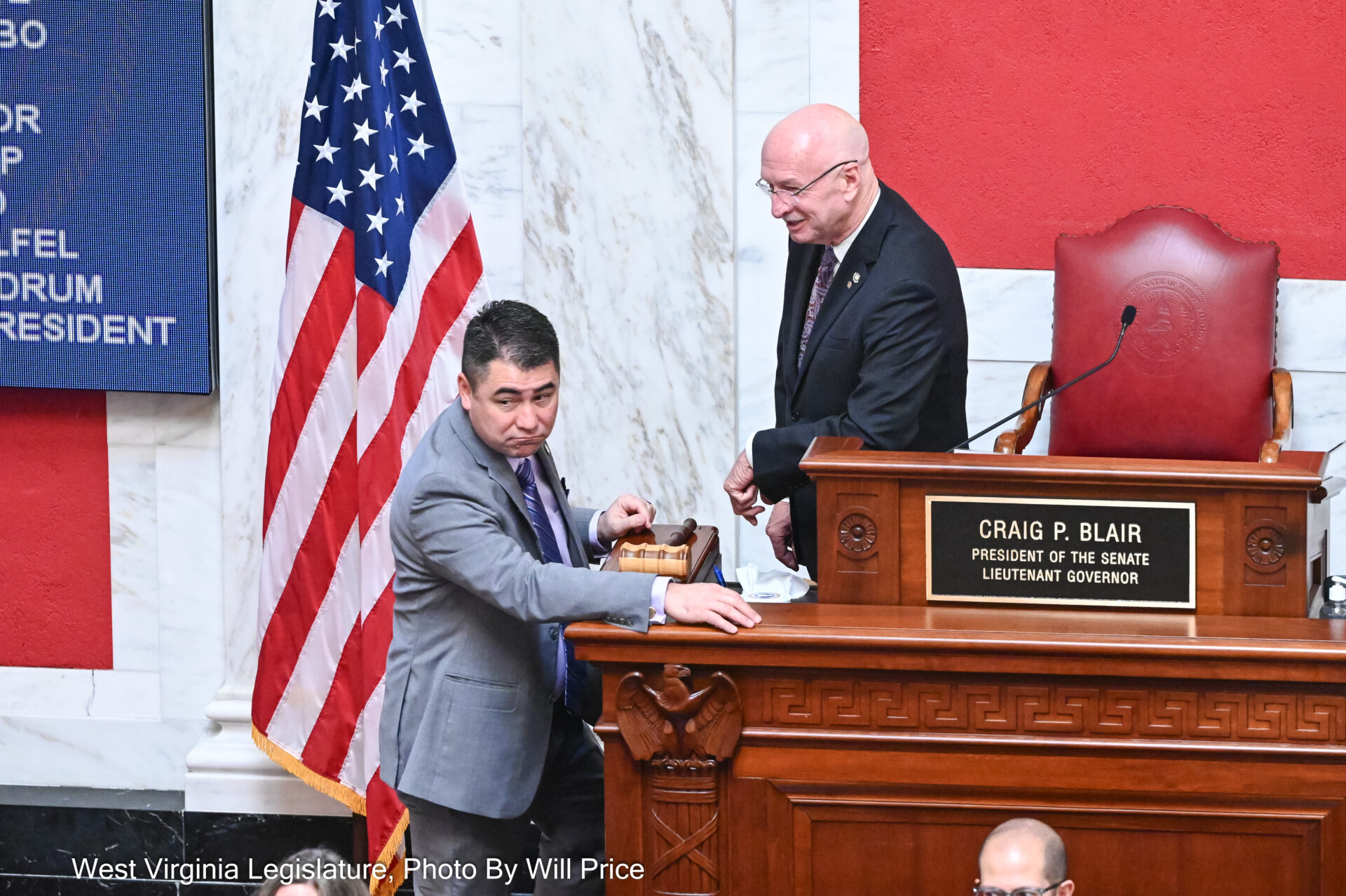The engrossed bill that passed the Senate shaves two weeks of the current 26 weeks of unemployment benefits available to workers who have lost their job due through no fault of their own. It increases the initial benefit to up to $712 per week, or 70 percent of the original wage, for the first four weeks of unemployment. That’s up from $624 per week, and 65 percent of the wage. However after those first four weeks, the benefit decreases by 5 percent of the original wage, or max benefit.
Updated: 02/29/2024 5:13pm
The Senate passed a bill that would reduce overall unemployment benefits but increase initial benefits.
Senate Bills 840 and 841 would have steeply cut unemployment benefits. Those bills were combined and amended- and for the most part gutted with a new amendment.
The amended bill that passed the Senate shaves two weeks off of the current 26 weeks of unemployment benefits available to workers who have lost their job due through no fault of their own. The bill would also allow people to work part time while receiving unemployment. They would receive reduced benefits while working.
Under this amended bill the benefits are front loaded, and taper off as time goes on. It increases the initial benefit to up to $712 per week, or 70 percent of the original wage, for the first four weeks of unemployment. That’s up from $624 per week, and 65 percent of the wage. However after those first four weeks, the benefit decreases by 5 percent of the original wage, or max benefit.
For example, on week five, the benefit would be 65 percent, and on the ninth week it would be 60 percent. On week 20 through week 24, the last weeks of the available benefit, unemployed people would receive 45 percent of their original benefit.
The West Virginia Center on Budget and Policy said that the average time an unemployed person collects benefits in the state is 13 weeks.
Sen. Eric Nelson, R-Kanawha, said that this bill would benefit the average unemployed person, because they would collect that initial larger benefit.
The bill also requires that employers contribute more to the unemployment insurance fund.
“The average wage of those on the unemployed base is roughly $35,000,” Nelson said. “And so currently, over that 14 week period, they would receive $5,166. Under the proposed method, they would receive $5,991 to an increase of $800.”
However, Josh Sword, West Virginia AFL-CIO president, said the bill would cost some West Virginians who use the full duration of the benefit thousands of dollars in unemployment benefits.
“As it stands now, compared to the bill that was adopted in the Senate last night,” Sword said. “We know that individuals are going to receive about $4,000 less in benefits than they would today. So that’s concerning.”
The original bills would have reduced the maximum benefit to $550 per week and reduced the duration based on the current unemployment rate. It would reduce the benefits duration down to 12 weeks based on the current unemployment rate of 4.3 percent.
The 28 page amendment, which significantly changed the bill, was introduced on the floor 30 minutes before the bill was voted on.
Sen. Mike Caputo, D-Marion, said he understands the need for the bill but wanted more time to work out the details and bring stakeholders like business and labor unions to the table to talk about the bill.
“Don’t think it should be done in the 11th hour. I think it’s bad, bad government to do this,” Caputo said.
He said this sends a horrible message to the working people of West Virginia and the nearly 2,000 people who are slated to lose their jobs from layoffs from the closures of Allegany Woods and Cleveland Cliffs.
Sword agreed, and said he would have liked the AFL-CIO to have been involved in the drafting of legislation that would affect workers in the state.
“The best way to get good policy is to bring all impacted parties to the table,” Sword said. “And come up with a good common sense solution that makes sense for everybody. That absolutely did not happen. And that’s part of the reason that we don’t know what’s in it because we weren’t at the table trying to put something together.”
Nelson says the bill, that was put together privately over the course of three days, does include a few errors.
“One of the unfortunate things that does happen when we’re here at this speed at the end. This is not a final product, this goes over to the house. There’ll be additional discussions, and I’m gonna have more discussions with Senator Caputo and labor and others because we want the best product going forward. And that’s what we have,” Nelson said.
Editor’s Note: This story was updated to include Sen. Eric Nelson, and AFL-CIO President Josh Sword.
